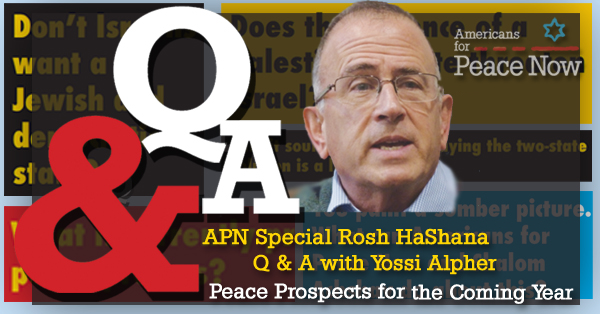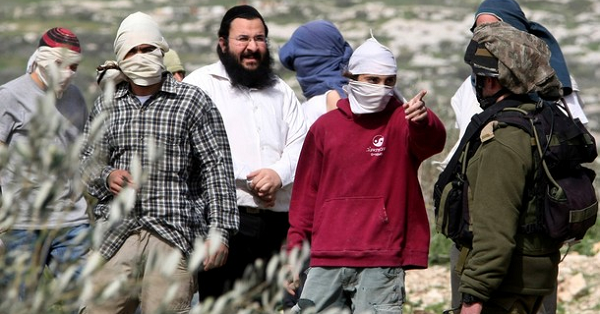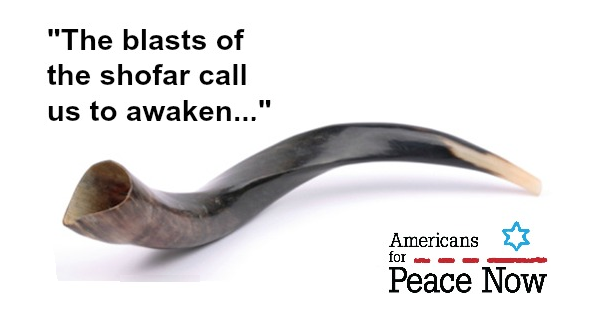
 Each year at Rosh Hashana, we take stock of our actions from the past year. This year, we have
additional reason to take stock as we head into the Days of Awe and the season of repentance: this is the 50
year of the occupation.
Each year at Rosh Hashana, we take stock of our actions from the past year. This year, we have
additional reason to take stock as we head into the Days of Awe and the season of repentance: this is the 50
year of the occupation.
In Jewish tradition, the 50 year has special status. It is known as the yovel (Jubilee) year. In rabbinic
writings the yovel is compared to Rosh Hashanah, with both set aside as time to reflect before beginning
anew. The yovel consists of three major features: liberating slaves, setting free the land, and releasing
all debts.
It is hard to conceive of a year in which yovel is more needed than the 50th anniversary of Israel’s rule
over the West Bank and Gaza. Over this past half century, we have seen the occupation not only devastate
Palestinians but also corrupt Israeli society. This past year alone, we have witnessed rising settler violence
against Israeli Arabs and Palestinians, the Israeli military, and Peace Now and other activists, as well as land
theft and vandalism.
The poison of occupation has metastasized to the highest levels of the Israeli political system. In order to
bolster the occupation, Netanyahu’s government passed the Legalization Law, which retroactively legalizes Israeli
civilian construction in the West Bank built on privately owned Palestinian land, in violation of both Israeli and
international law. For the sake of stifling protest against the occupation, Netanyahu’s government passed the Entry
Law, which bans entry to Israel by anyone who supports boycotts of either Israel or the settlements. This
doesn’t just stifle debate; it is yet another step in the attempt to erase the boundary between Israel and the West
Bank.
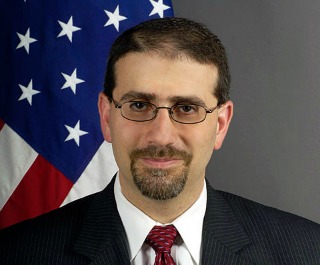
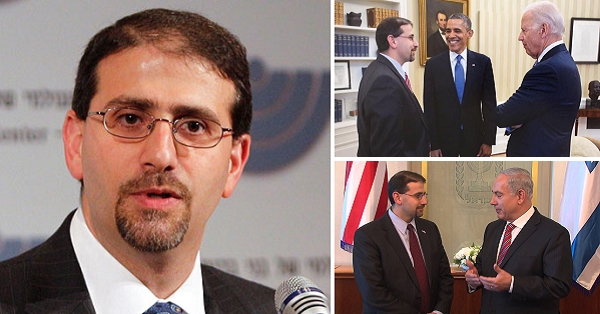
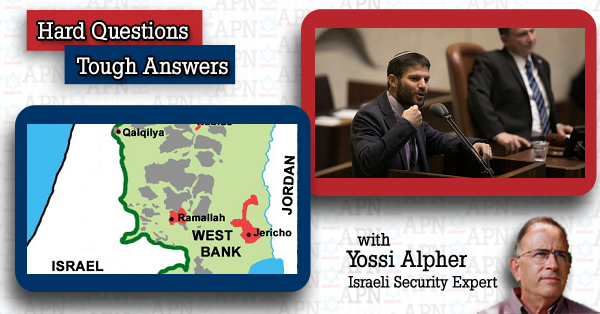

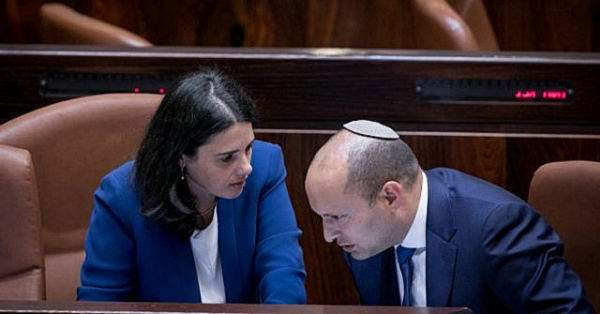

 Each year at Rosh Hashana, we take stock of our actions from the past year. This year, we have
additional reason to take stock as we head into the Days of Awe and the season of repentance: this is the 50
year of the occupation.
Each year at Rosh Hashana, we take stock of our actions from the past year. This year, we have
additional reason to take stock as we head into the Days of Awe and the season of repentance: this is the 50
year of the occupation.
